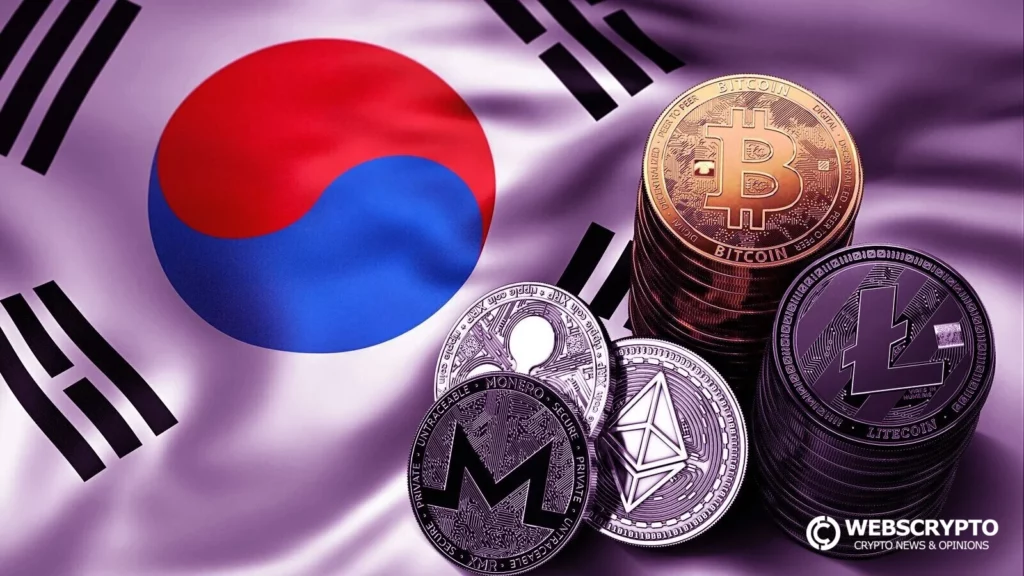In a striking deviation from global trends, South Korean cryptocurrency investors are demonstrating a marked preference for altcoins and locally developed tokens over major cryptocurrencies like Bitcoin BTC 0.95% and Ethereum ETH -2.22%. This trend has been substantiated by recent reports from DeSpread Research and other financial analysts.
Altcoins, which are essentially all cryptocurrencies other than Bitcoin, have been gaining traction in South Korea due to their potential for high returns. Despite the inherent risks associated with these digital assets, South Korean traders are undeterred, lured by the promise of substantial profits. Tron, in particular, has emerged as a favorite among South Korean investors, overshadowing established giants like Bitcoin and Ethereum.
According to a survey conducted by the Korea Financial Intelligence Unit (KoFIU), the number of cryptocurrency investors in South Korea has reached an impressive 6 million this year, accounting for about 10% of the nation’s population. This surge in crypto enthusiasm is not just limited to individual investors. Centralized exchanges have also witnessed a significant uptick in activity, with local exchanges like Upbit outperforming their global counterparts in trading volume. In fact, by July, Upbit’s trading volume growth had surpassed that of global market leader Binance.
One of the catalysts for this surge in trading volume on South Korean exchanges was the positive outcome of Ripple’s lawsuit against the U.S. Securities and Exchange Commission. Following a favorable ruling, there was a notable spike in the price and trading volume of XRP XRP 0.13%, Ripple’s native token. In response to this development, trading volumes on major South Korean exchanges jumped from $27 billion in June to $37 billion in July, marking a 37% increase.
While major cryptocurrencies like Bitcoin, Ethereum, and Polygon MATIC -3.94% dominate trading volumes globally, they have seen surprisingly low levels of activity on South Korean exchanges. This divergence underscores the unique characteristics of the South Korean crypto market and highlights regional differences in investor preferences and strategies.
Furthermore, South Korea has showcased distinct preferences when it comes to blockchain networks. The Tron network, known for its relatively lower transaction fees, has become the go-to choice for a majority of transactions in the country.
Despite the booming activity on local exchanges, South Korean traders continue to store a significant portion of their digital assets on overseas platforms. Recent reports indicate that South Korean investors hold approximately $99 billion in digital assets abroad.






